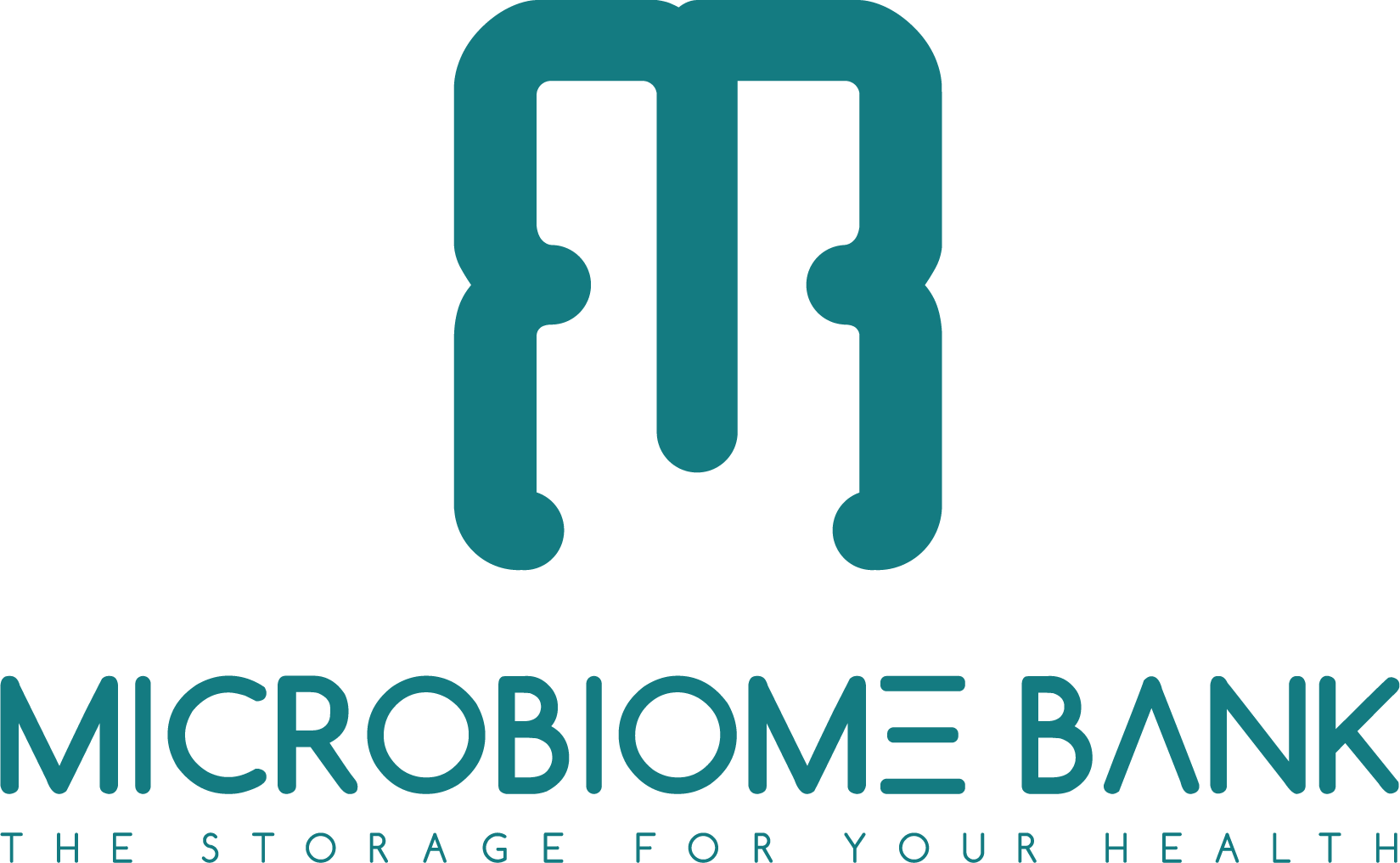AutoBiome capsule
Own human microbiota suspension
in lyophilized form for future gut microbiota restoration
info@MicroBiomeBank.com
+36 30 013 5000
MicroBiome Bank Ltd.
2 Brandon Road,
Braintree, Essex
England, CM7 2NL
MicroBiome Bank Kft.
1118 Budapest,
Ménesi út 104. II. ép. al.
in lyophilized form for future gut microbiota restoration
1.1 Name of Service
AutoBiome
1.2 Full Name of Service
AutoBiome – Autologous (self-derived) microbiota transplantation (aMTT) capsule
1.3 Service variations
Within the framework of the AutoBiome therapeutic service, the capsules are provided in units of 60 each. The standard order quantity is 6× 60 capsules (a total of 360). The exact packaging configuration may vary depending on ordering options and clinical protocols. As needed, the patient and the physician can jointly determine the number of capsules required for future use.
1.4 Description
AutoBiome is an orally administered autologous microbiota transplantation (aMTT) service that allows an individual’s earlier, healthy gut microbiota to be collected and stored for future restoration if needed. The stool sample is obtained when the person is younger or in an ideal state of health, then freeze-dried and encapsulated before being returned to the patient. This approach offers the most personalized and safest way to restore one’s own gut flora.
Scope of Use, Active Ingredients, Mechanism of Action
2.1 Scope of Use
The use of AutoBiome is recommended for individuals who are otherwise in excellent health but anticipate medical interventions, treatments, or lifestyle factors (e.g., extended antibiotic therapy, oncological or surgical procedures, travel to “exotic” countries, high-risk professions, athletic performance scheduling, etc.) that may disrupt gut microbiota balance. It is crucial for the patient to have a healthy microbiota at the time of sample collection, so that later on they can benefit from their own guaranteed-compatible preparation, enabling a faster and more assured recovery.
2.2 Active substance
The active substance in AutoBiome is the individual’s own previously collected, healthy colon-derived microbiota suspension in freeze-dried form. During the transformation, strict quality and safety standards are followed to ensure that the material used for microbiota transplantation meets all health requirements valid at the time of the patient’s sample collection. This autolog solution not only avoids donor-recipient compatibility issues but also optimally supports the restoration of gut microbiota balance during future therapeutic interventions.
2.3 Mechanism of Action
The active component of AutoBiome is the individual’s own previously collected and freeze-dried healthy gut microbiota concentrate. Once taken orally, these live microorganisms recolonize the patient’s gastrointestinal tract, restoring natural microbial diversity and balance.
The composition of the capsules varies by LOT number, with each formulation being unique and non-replicable. The listed prices are net prices.
3.1 Method of use
- Oral Administration: AutoBiome capsules should primarily be taken orally without chewing or opening them, on an empty stomach, accompanied by plenty of fluids. Thirty minutes after taking the capsules, additional fluids should be consumed to ensure proper hydration and optimal absorption. Following this, other medications can be taken, and the regular daily routine may resume.
- Timing: capsules should be taken first thing in the morning. Avoid simultaneous consumption with alcoholic beverages or hot liquids.
3.2 Packaging
- Dark Glass Containers: AutoBiome capsules are packaged in dark glass bottles to ensure effective protection from light and maintain quality. This packaging is designed to preserve the viability of the microorganisms and ensure consistent therapeutic efficacy throughout the treatment period.
- Each bottle contains 60 capsules, representing the 30 day dose referred to as the packaging unit. To support typical treatment protocols, a single glass container is adequate to cover the entire treatment period for one patient.
- Moisture and Contaminant Control
- - Tamper-Evident Seal: Each container is equipped with a tamper-evident closure to safeguard capsule integrity and ensure they remain uncompromized.
- - Child-Resistant Closure: In compliance with local regulations, a child-resistant cap may be included to enhance safety and prevent unauthorized access. The preparation you ordered is equipped with a child-resistant closure if it is required by the regulations in your country.
- Labeling
- - The label clearly displays the service name, the number of capsules, the batch number, the expiration date and storage instructions for easy reference.
- - It includes a designated area for healthcare providers or pharmacists to record the dispensing date if required.
3.3 Storage
- Room Temperature (up to 25°C / 77°F): Store in the unopened, original packaging. The capsules remain stable for up to 6 months (180 days) when kept away from excessive heat and direct sunlight.
- Refrigerated (+4°C to +8°C / 39–46°F): When stored in a sealed, dark glass container, the capsules are stable for up to 24 months.
- Deep Freeze (below –20°C / –4°F): Properly sealed and protected from light, the capsules can be stored for up to 20 years.
- Handling Recommendations:
- - Ensure the container is tightly closed when not in use.
- - Store in an upright position to reduce the risk of capsule damage.
- - Minimize frequent opening and closing, as this may alter humidity levels inside the container.
3.4 Dosage
- Standard Treatment Course: The recommended regimen involves taking 2 capsules daily for a specified duration, typically around 15 days, depending on the treatment protocol.
- Physician’s Discretion: The exact dosage and duration should be determined by the treating physician, customized to the patient's clinical status, medical history, and tolerance.
3.5 Tapering
- Sequential Reduction: In specific cases, such as frequent recurrences, a step-down protocol may be employed, where the initial daily dose is gradually decreased over time.
- Clinical Monitoring: Patients should be closely observed during the tapering process for any signs of symptom recurrence or adverse reactions.
- Follow-Up: A post-treatment follow-up, typically conducted within 1–2 weeks after the final dose, is recommended to evaluate therapeutic outcomes and ensure patient recovery.
3.6 Stool Collection Procedure
For the AutoBiome service, the patient must use the included AutoBiome Stool Collection Kit to collect their own stool sample. The documentation provided with the kit offers detailed instructions on correct stool collection. It is important that, during sample collection, the stool does not come into contact with water, urine, or any other foreign substances, and that it is gathered according to the specified protocol. The sample must then arrive at the laboratory by courier in compliance with the outlined guidelines.
4.1 Non-Invasive Delivery
Oral capsule administration provides a minimally invasive alternative to traditional MTT methods, such as colonoscopy or enema, reducing both patient discomfort and procedural risks.
4.2 Autolog therapy
AutoBiome is designed to preserve the patient’s own healthy microbiota, thereby eliminating any potential donor-recipient compatibility issues.
4.3 Ready-to-Use Therapy
Using these capsules, the patient can “preserve” a state of health that later - during potential medical interventions, unexpected infectious diseases, or exposure to unusual (foreign) environmental microbes - allows for the restoration of the original, healthy microbiota.
4.4 Preventive and Restorative Therapy
Using these capsules, the patient can “preserve” a state of health that later—during potential medical interventions, unexpected infectious diseases, or exposure to unusual (foreign) environmental microbes—allows for the restoration of the original, healthy microbiota.
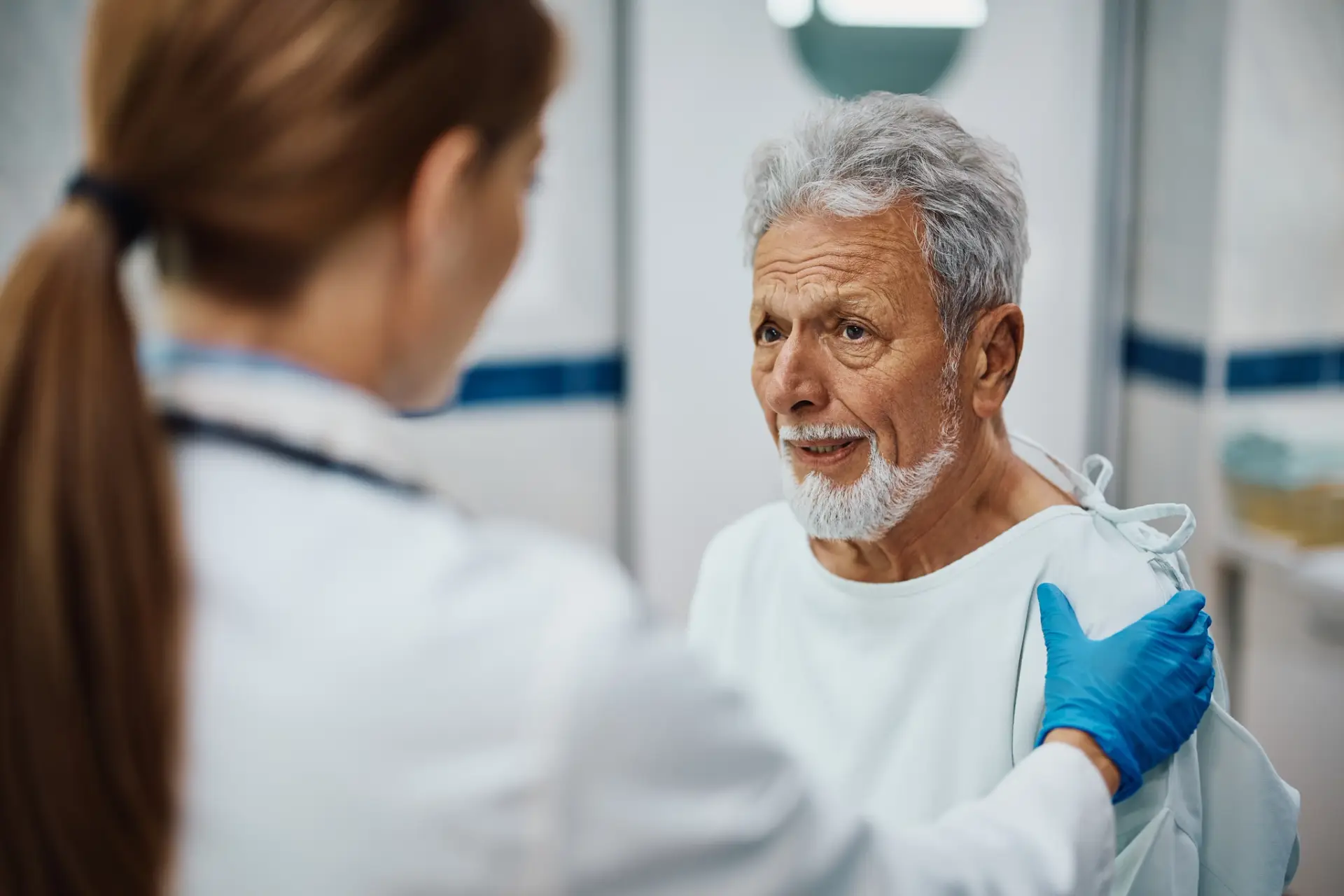
5.1 Pricing
The final price of AutoBiome may vary depending on agreements with intermediary healthcare institutions and local regulations.
5.2 Quantity Discounts
For large orders placed by police, military, or other organizations exposed to heightened health risks, quantity discounts can be offered, thus reducing both procurement and future treatment costs.
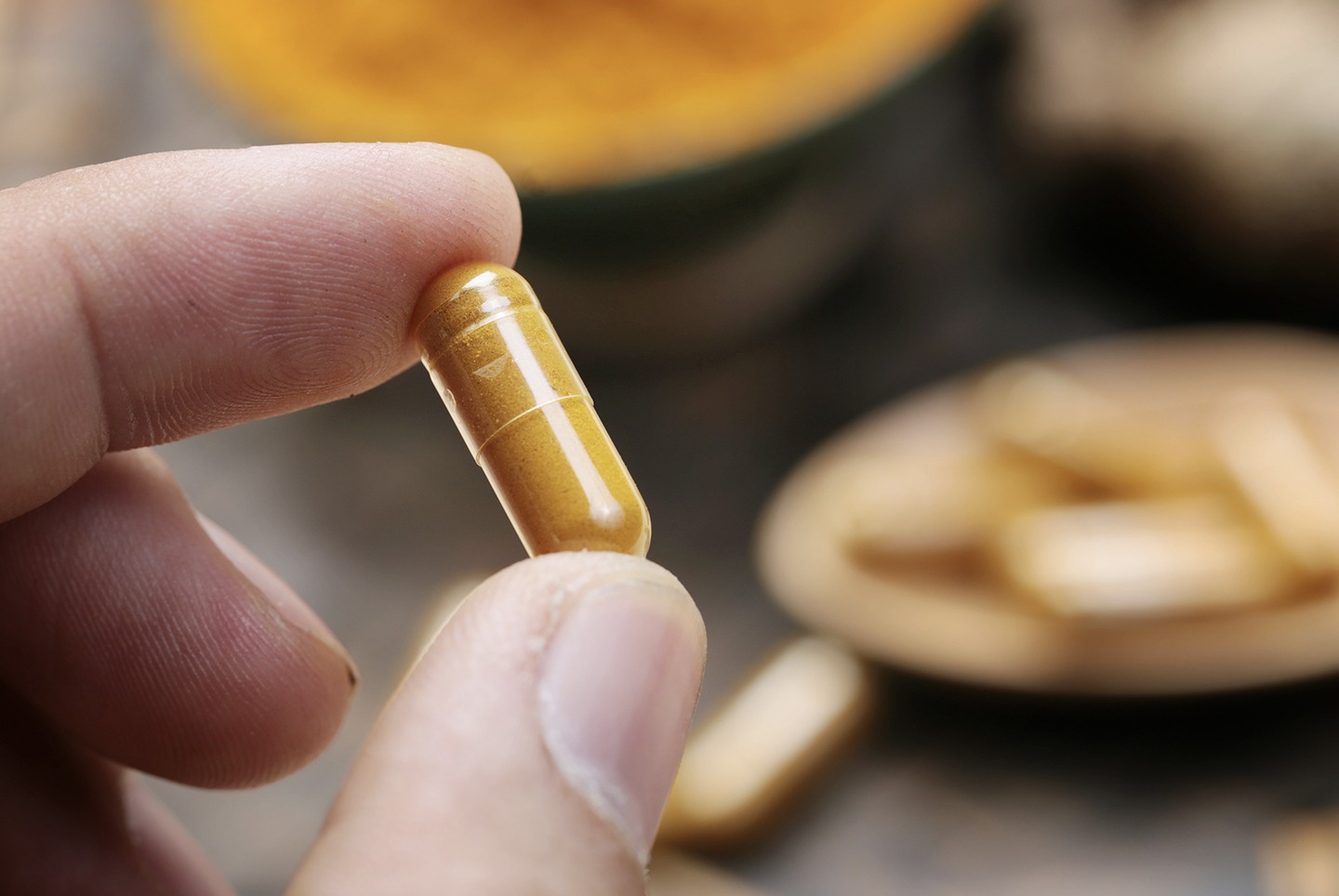
5.3 Product Bundles
Depending on the dry matter content of the provided donor material, AutoBiome can be ordered in a minimum quantity of 6 × 60 capsules (six packaging units), which can be sufficient for up to six complete treatment courses, depending on the health issue being addressed.
6.1 Donor Screening and Safety
- Rigorous Screening: In this case, the donor and the recipient are the same individual. The human microbiota obtained from the patient undergoes thorough screening in accordance with relevant guidelines (e.g., EMA, WGO, EAGEN, or local health authority regulations).
- Comprehensive Testing: Stringent microbiological, serological, and parasitological tests are performed to ensure the absence of infectious pathogens.
- Quality Assurance: The GMP-compliant manufacturing process includes multiple quality control checkpoints to ensure consistency and safety of AutoBiome.
6.2 Drug Interactions
- Antibiotics: Concurrent antibiotic use may diminish the efficacy of AutoBiome. It is recommended to complete antibiotic treatment at least 48 hours before starting AutoBiome therapy.
- Probiotics: Data on interactions between AutoBiome and probiotic supplements is limited. Avoid concurrent probiotic use during AutoBiome treatment unless advised by a healthcare provider.
6.3 Known Side Effects
- Common and Mild: Gastrointestinal discomfort, bloating, flatulence, diarrhea, or constipation. These effects are usually temporary and resolve without medical intervention.
- Rare but Serious: Infections or allergic reactions may occur and require close monitoring. Any significant or unusual symptoms should prompt immediate medical evaluation and reporting.
6.4 Warnings and Precautions
- Immunocompromised Patients: Patients with severe immunodeficiency or those on immunosuppressive therapy require close monitoring due to a higher risk of infection.
- Pregnancy and Lactation: Limited data is available; treatment should only be initiated after careful assessment by a healthcare provider.
- Other Contraindications: Patients with severe active gastrointestinal conditions (e.g., toxic megacolon, fulminant colitis) or suspected bloodstream infections should undergo thorough evaluation before initiating AutoBiome therapy.
7.1 Microbiological Testing of the Donated Stool (Donatum)
- Pathogen Screening: Donated stool ("donatum") is analyzed using multiplex PCR or conventional microbiological methods to detect enteric pathogens, including:
- -Salmonella, Shigella, Yersinia, Campylobacter
- - Enteropathogenic coli (EAEC, EPEC, ETEC, STEC, EIEC)
- - Clostridioides species
- - Plesiomonas, Vibrio
- - Cryptosporidium, Cyclospora, Entamoeba histolytica, Giardia lamblia
- - Adenovirus, Astrovirus, Norovirus, Rotavirus, Sapovirus, SARS-CoV-2
- - Helicobacter pylori
- - Multidrug-resistant organisms (MRSA, MRSE, VRE, ESBL, CRE)
- Results: Only donor samples confirmed to be free of the specified pathogens will be utilized in the final formulation of AutoBiome capsules.
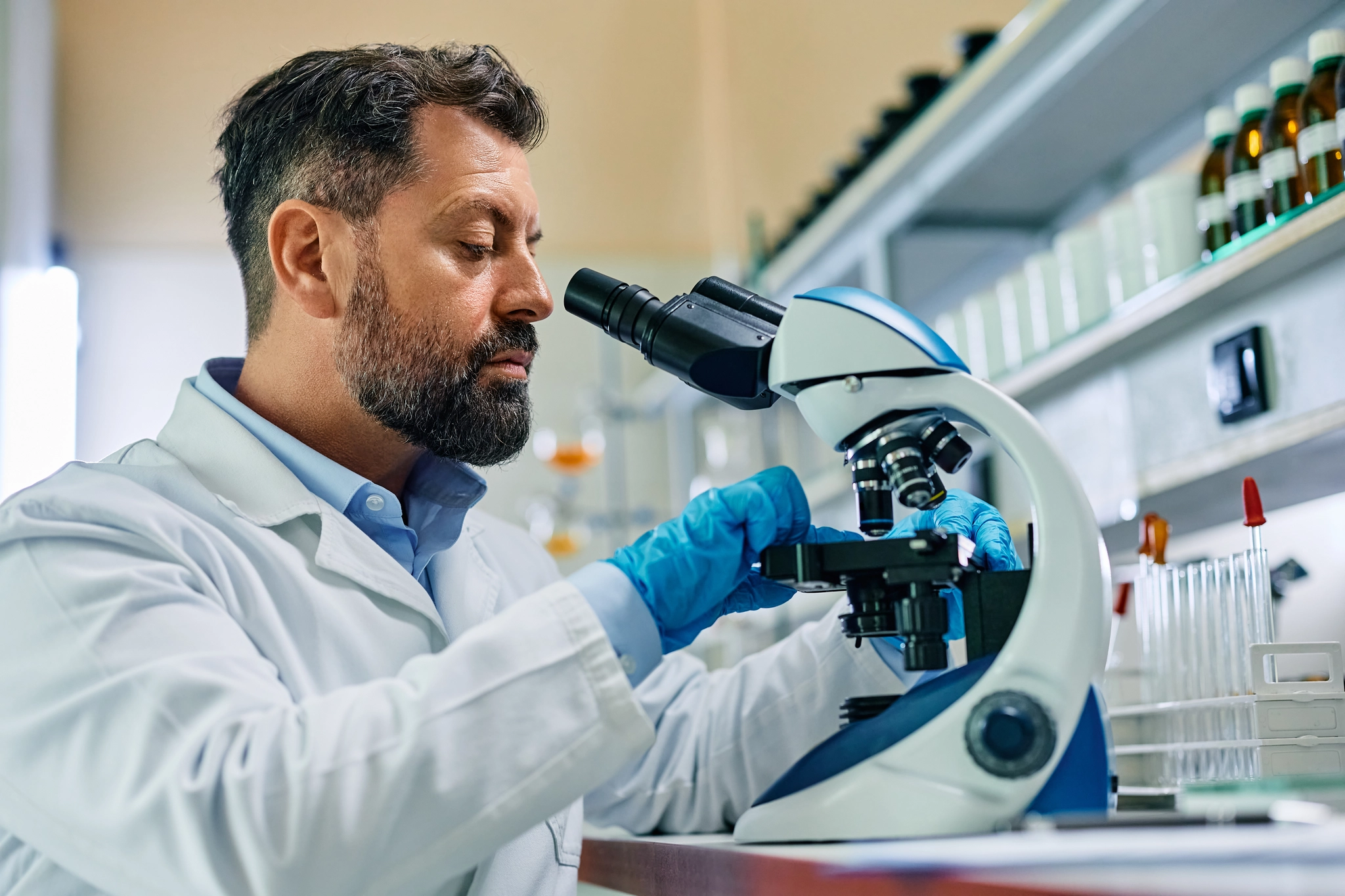
7.2 Processing and Formulation
- After pathogen clearance, donor stool is processed into a bacterial suspension, lyophilized, and encapsulated using specialized pharmaceutical techniques to ensure microorganism viability and stability.
7.3 Excipients and Vitalization Additives
- To ensure optimal bacterial viability and support manufacturing integrity, each capsule contains:
- - Amylum solani (potato starch)
- - Inulin (chicory-derived)
- - Pyridoxal 5’-phosphate (vitamin B6)
- - Cyanocobalamin (vitamin B12)
- - Pteroil-monoglutamic acid (folic acid, vitamin B9)
These components have been selected to promote microbial stability, bacterial viability during storage, and ensure patient safety.
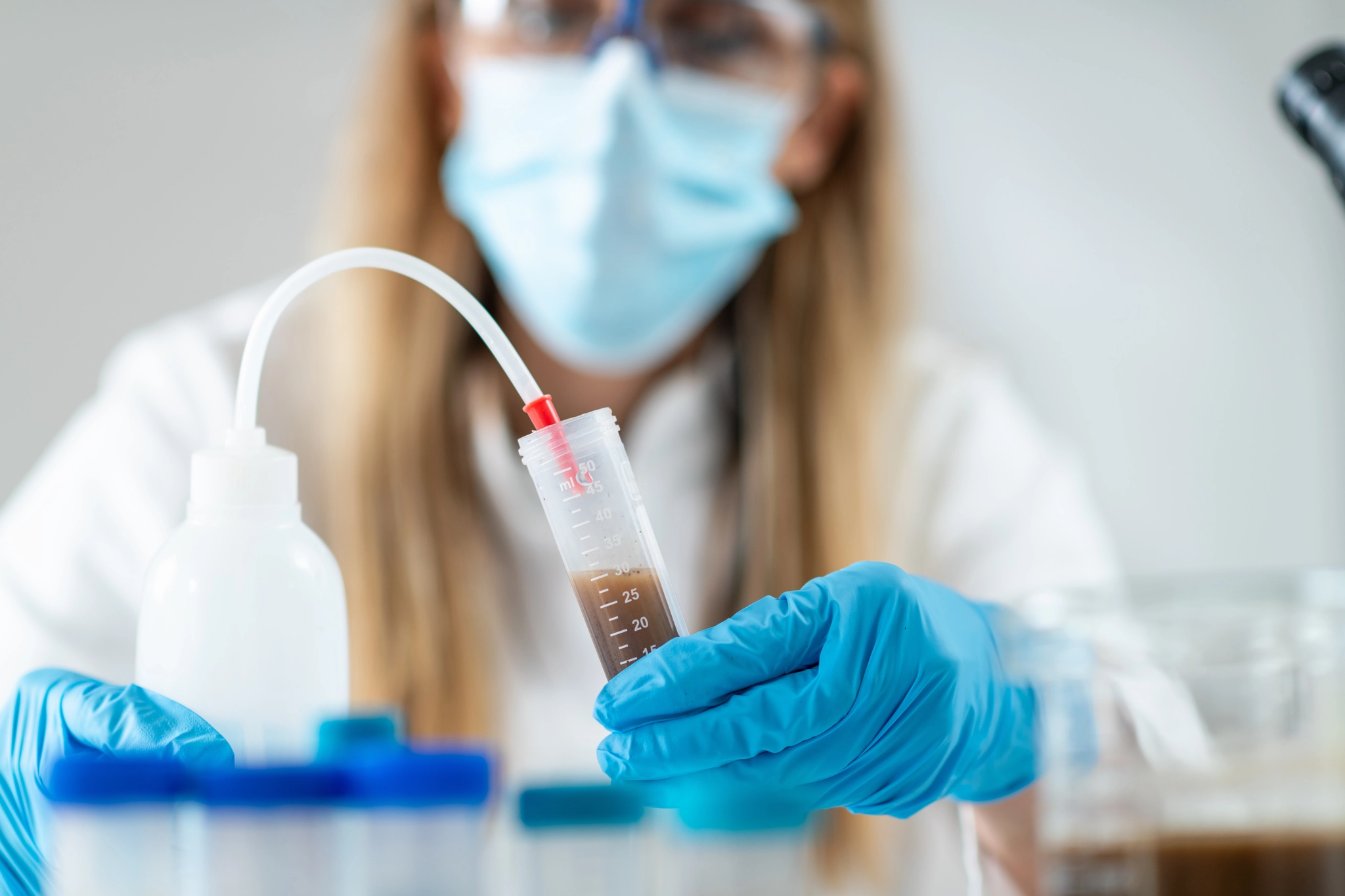
7.4 Batch (LOT) Identification and Documentation
- Each production batch is assigned a unique batch number that is used to track all related manufacturing data, including donor information, date of production, and raw material usage.
- Mandatory tests (e.g., microbiological purity checks, viable bacterial counts and active substance content) are performed according to predefined specifications prior to release.
7.5 Microbiological Testing and Contaminant Exclusion
- Regular microbiological screening (e.g., conventional culture methods, multiplex PCR) ensures the absence of contaminants or unintended pathogens.
- While the product is not manufactured under sterile conditions—given it contains live bacteria—a strict exclusion protocol is in place to rule out critical pathogens.
- Testing protocols follow strict local and international guidelines (e.g., EMA, WGO, EAGEN) for microbiological quality in biological products.
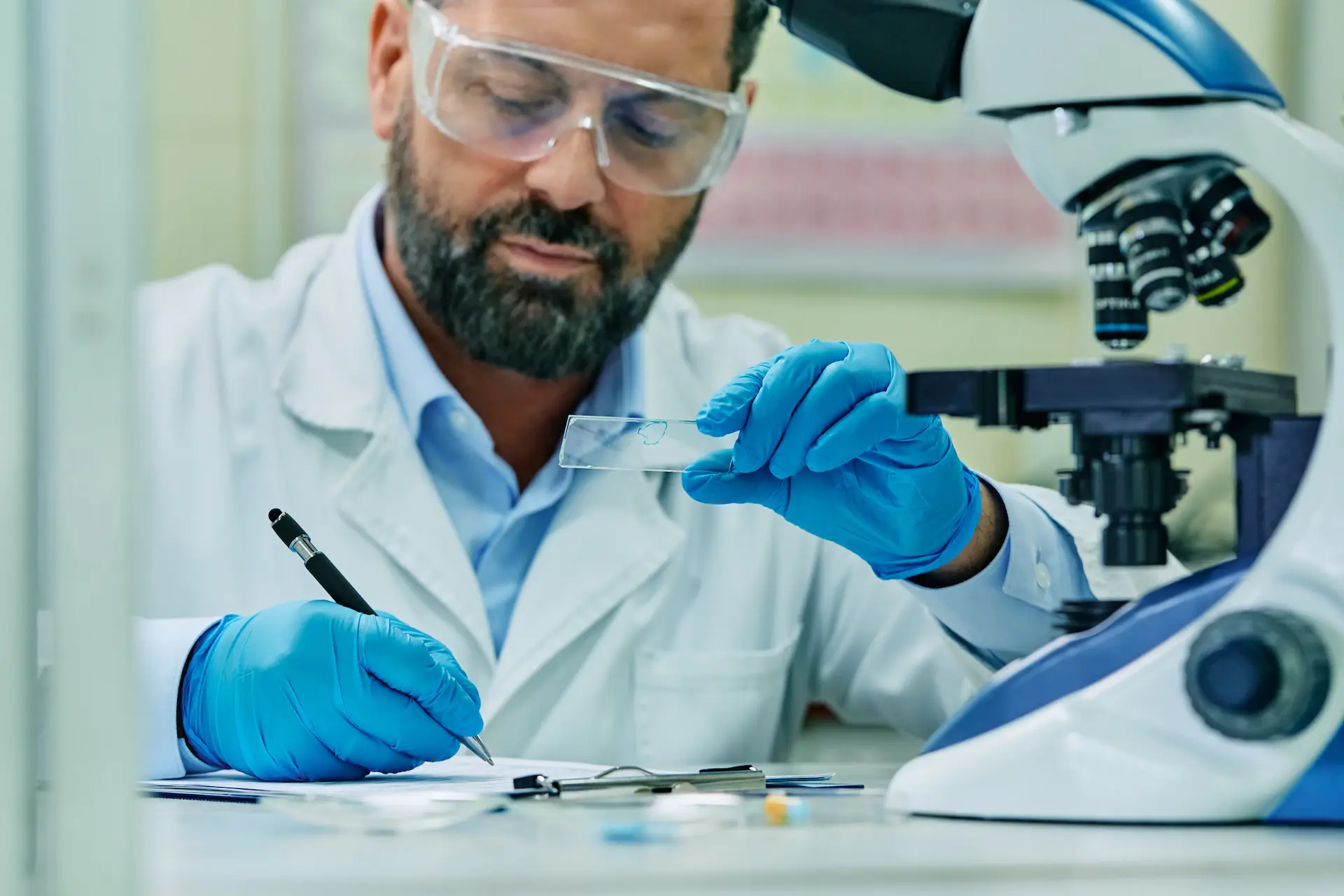
7.6 Excipients and Additional Components
- All excipients (e.g., Amylum solani [potato starch], inulin) and vitamin additives (B6, B12, folic acid) undergo rigorous quality checks to confirm purity, identity, and the absence of undesirable contaminants (e.g., heavy metals, residual solvents).
- Certificates of Analysis (CoA) from suppliers may be required, and spot checks or additional in-house testing can be performed to verify compliance with the relevant pharmacopeial or internal specifications.
7.7 Ongoing Quality Oversight
- Quality Assurance (QA) teams routinely audit production processes, documentation, and QC test results to ensure compliance with GMP standards.
- Any deviations or out-of-specification (OOS) results are thoroughly investigated, and corrective actions are implemented to maintain product integrity and regulatory compliance.
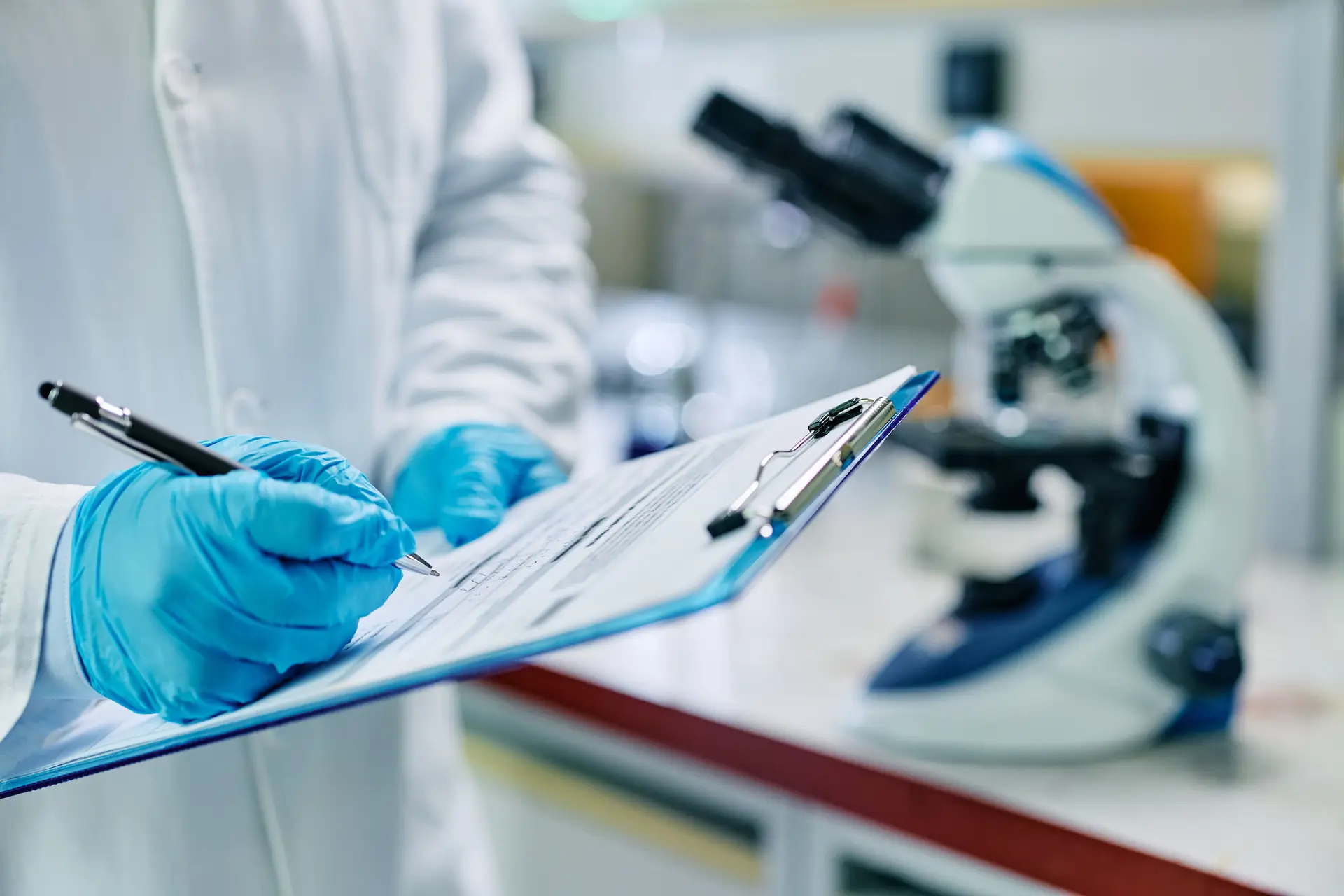
8.1 Elderly Patients
Due to the potential for multiple comorbidities and concurrent medication use, AutoBiome should be used with caution in elderly patients, accompanied by closer monitoring for any adverse effects or interactions.
8.2 Pediatric Use
Currently, there are no known conditions related to the use of AutoBiome capsules that would contraindicate the application of MTT in children under 18 years of age.
9.1 Regulatory Classification
AutoBiome is classified as Medical Laboratory Services (869015). Classification by EU regulatory authorities is anticipated by the end of 2026.
9.2 Prescribing and Dispensing
AutoBiome should only be used under the supervision of a qualified healthcare professional. Its use may require compliance with specific protocols or special authorization, depending on regional and national regulations.
9.3 Pharmacovigilance and Reporting
Any suspected adverse reactions must be reported to the relevant health authority (e.g., FDA, EMA, or local regulatory agencies) in line with applicable national regulations.
Note: This datasheet is provided for informational purposes and is intended for healthcare professionals and patients. Always seek advice from a healthcare professional before starting any new treatment.
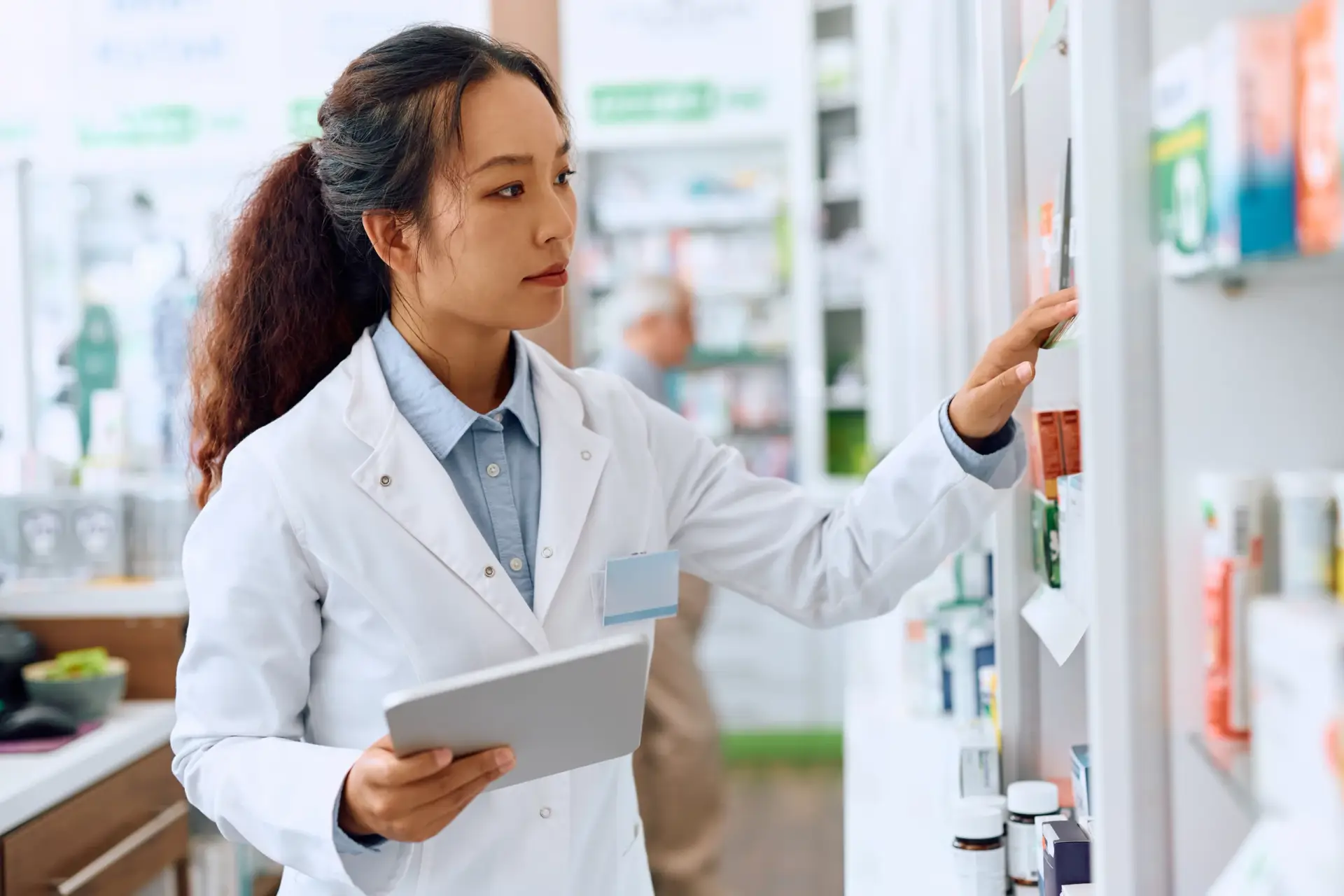
Please note that MicroBiome Bank does not sell a product but facilitates the connection between donors and recipients by providing professional medical services. In accordance with applicable regulations, the capsules are provided as a service under code 869015 — Medical Laboratory Services, as defined by SCPA 2008. We handle donor recruitment, screening, fecal testing and the processing of the screened donation into capsule form through qualified laboratories. The contents of the capsules remain the property of the donor, subject to the cost of medical services, until fully paid by the recipient. The brand names of the individual services are intended solely to make them easier to remember and to simplify the ordering process.
